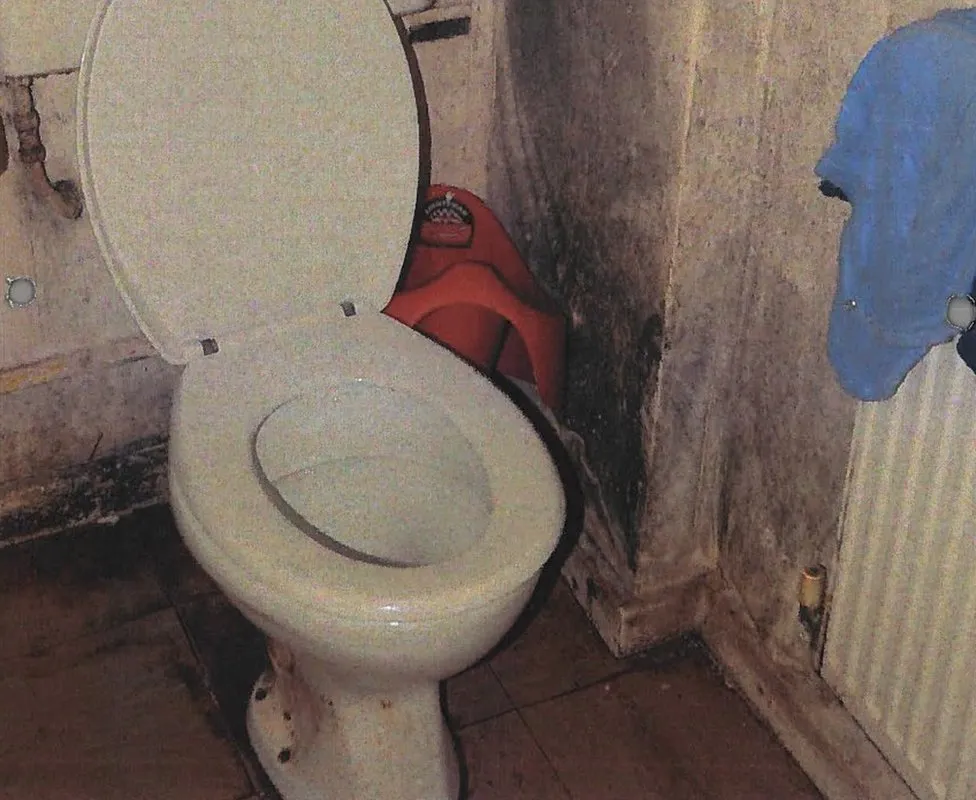I would argue that if the building does not automatically (i.e. built-in) prevent such deterioration (and it is deterioration to the fabric of the building), then the landlord has a duty of care, to ensure sufficient awareness is provided to the tenants in the proper regime of housekeeping, along with any required updates to the building.From a laymans point of view black mould is caused by 'the building' & therefore it must be the 'responsibility' of the buildings owner.
Anyone who has ever tackled the problem of black mould will have learned that it isn't 'the building' that causes the problem, it is down to the way the building is used.
I am no longer involved in residential letting for many of the reasons already exposed (& I can add a few more).
As a landlord, am I responsible for how a tenant uses a building? Am I responsible for their H&S standards, the COSHH & HAZMAT compliance & all the other 'rules' that users of commercial & industial buildings are responsible for . . . .
When that deterioration descends into a real health hazard that duty of care can be diversified to and include other agencies.


